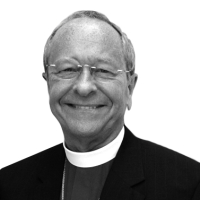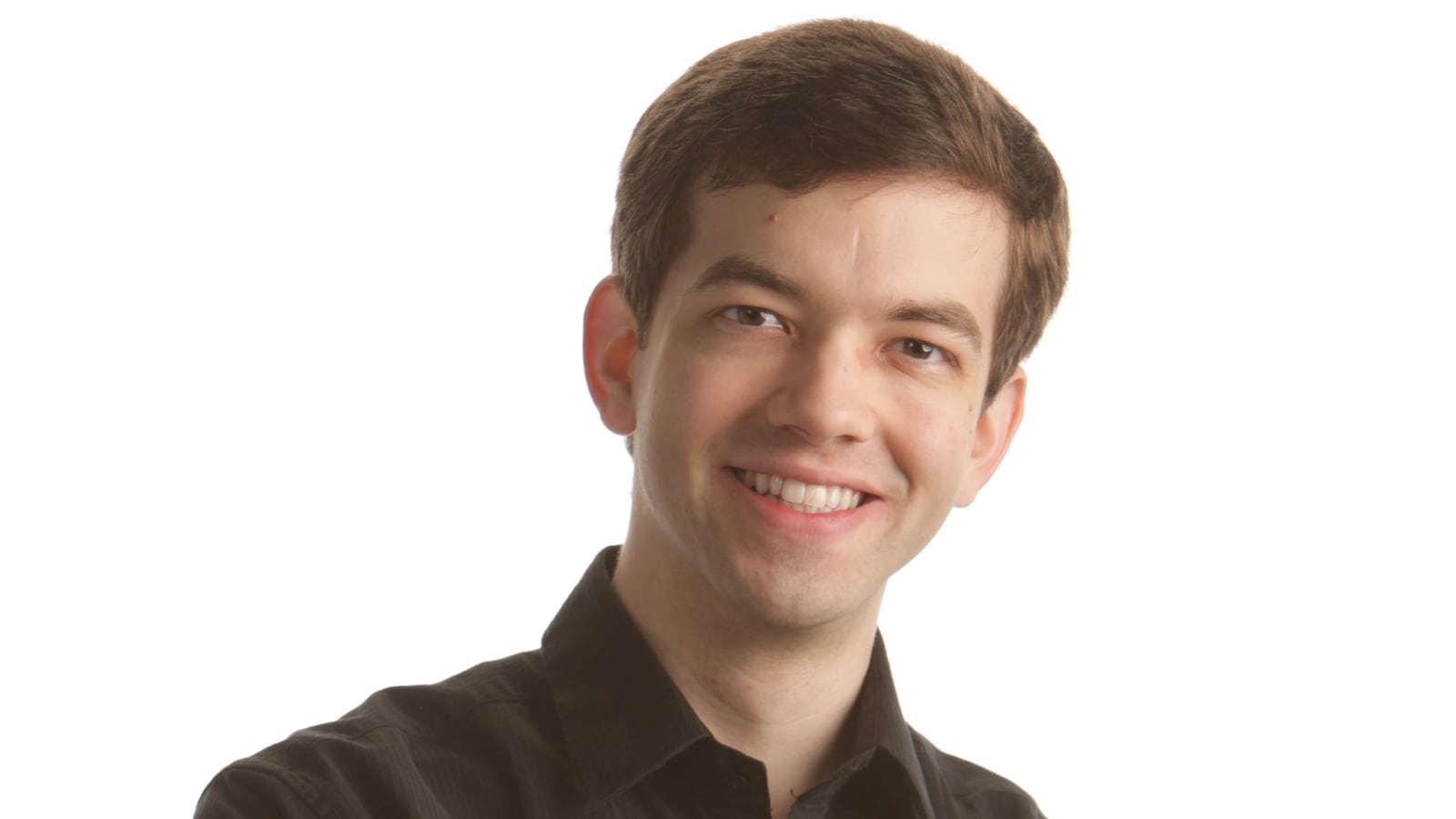Something extraordinary is happening at the intersection of religion and LGBT people. You may not have noticed it, because you thought it was impossible, and so you weren’t watching for it. But make no mistake, there is something wonderful happening to/for conservative Christians who have traditionally condemned same-sex relationships: a youth-led movement that could change evangelical perceptions of LGBT people forever.
For many years, the LGBT movement has been picking the “low fruit” of religious people who have felt that the historical and religious treatment of gay people was wrong. Most often, these religious people, who had been taught by their religion to condemn LGBT people, came to know someone gay, and realized that all the bad things said about them simply were not true. And so they came to believe that their religion—and the Bible on which it is based—is simply wrong on this issue, outdated, and locked in the past. They felt uncomfortable with those few passages of scripture that seemed to condemn same sex behavior, and dismissed them as a product of their times, and inappropriately applied to what we know today about sexual orientation.
LGBT people have reaped enormous rewards because of this widespread change of opinion. Recent years have seen the fall of Don’t Ask Don’t Tell and the so-called Defense of Marriage Act, and the spreading of marriage equality to 19 states and the District of Columbia. Much of the east and west coasts offer a safe bubble in which LGBT people can live their lives in relative safety and recognition of their relationships.
But there is much of the rest of the country in which this new reality of acceptance has not taken hold, and religion is at the center of why. Many in the LGBT community have largely written off conservative religious people as simply bigoted. But the fact remains that many religious people have very real religious and Biblical beliefs that hold them back from acceptance of gay people and gay relationships. Merely calling these religious conservatives “bigots” seems to me not to be very loving, because it fails to acknowledge and honor the beliefs these people hold dear. And the serious work of meeting these conservative evangelicals on their own terms, with the accompanying difficult task of explaining those offending passages of scripture, has not been done. Until now.
A new breed of young and smart evangelicals is doing that work. And it is probably work that only those who are conservative evangelicals can do. It’s not merely a case of people using language and approaches popular among evangelicals. Rather, this work is being done by those who hold the scriptures in as high a regard as those whose minds they are trying to change on this issue. It means treating these conservative Christians as people whose beliefs about scripture are honorable and worthy, even if ill-informed on this subject. It means meeting these “Bible-believing” Christians on their own terms.
One of this new breed of evangelicals is Matthew Vines, an intense 24-year-old from Kansas who became an internet sensation with his hour-long video on why Bible-believing Christians can and should become affirming of LGBT people. Despite its length and occasional tediousness, that video has been watched (and re-watched) by nearly 800,000 viewers.
Matthew, who is himself gay and a Bible-believing Christian from a conservative Christian family, took two years off from his studies at Harvard to research the Biblical injunctions against same sex behavior. The result was not only this video, but also a new book, God and the Gay Christian, which describes his journey with his parents and conservative Christian fellow church people in discovering what the Bible really says about same sex behavior. It answers the question which seems the most relevant to those conservative Christians, the question which is at the center of changing one’s mind on the subject: Is the Bible talking about the same thing as we are talking about today when we discuss homosexuality? (Spoiler alert: the answer is “no.”)
In addition to having a fine, meticulous mind, Matthew also has an entrepreneurial gift, and he has launched The Reformation Project, which may very well change evangelical Christianity’s understanding of this issue. The Reformation Project seems to have two goals: to engage conservative Christians in rigorous study of the scripture that has been used to condemn homosexuality and its expression, and to equip those whose minds have been changed with the tools to engage other conservative religious people in this endeavor.
It is not easy work, but it calls the bluff of those who would say “we have to take scripture seriously.” It counters with “okay, let’s really take the scriptures seriously—seriously enough to study them and see what they are really saying in their own context, and let’s be bold enough to entertain the notion that we may have gotten it wrong.” As Matthew Vines himself says, “LGBT people and their allies have to be able to discuss Scripture in a way that is both highly respectful and carefully reasoned from an evangelical theological framework.”
To this end, The Reformation Project is launching a series of conferences to lay out the serious discussion of these Biblical passages and to equip participants with the tools to have those discussions in their conservative churches and communities. The next conference will be held in Washington, DC—not exactly a place known for its adherence to the Bible—on November 6-8, 2014.
It would be easy to overlook the importance of this shift in thinking and approach, inaugurated by young gay evangelicals and other evangelicals who themselves have LGBT friends and family. Long after marriage equality is the law of the land, there will still be hearts and minds to be won to the notion of not merely tolerating, but affirming LGBT people and their relationships. For evangelicals, the way forward is not around scripture, but directly through it. The Reformation Project offers the way. And that’s good news for LGBT people everywhere.
The Rt. Rev. V. Gene Robinson is a Senior Fellow at the Center for American Progress, Washington, DC, and the IX Episcopal Bishop of New Hampshire. Follow him on Twitter @BishopGRobinson






